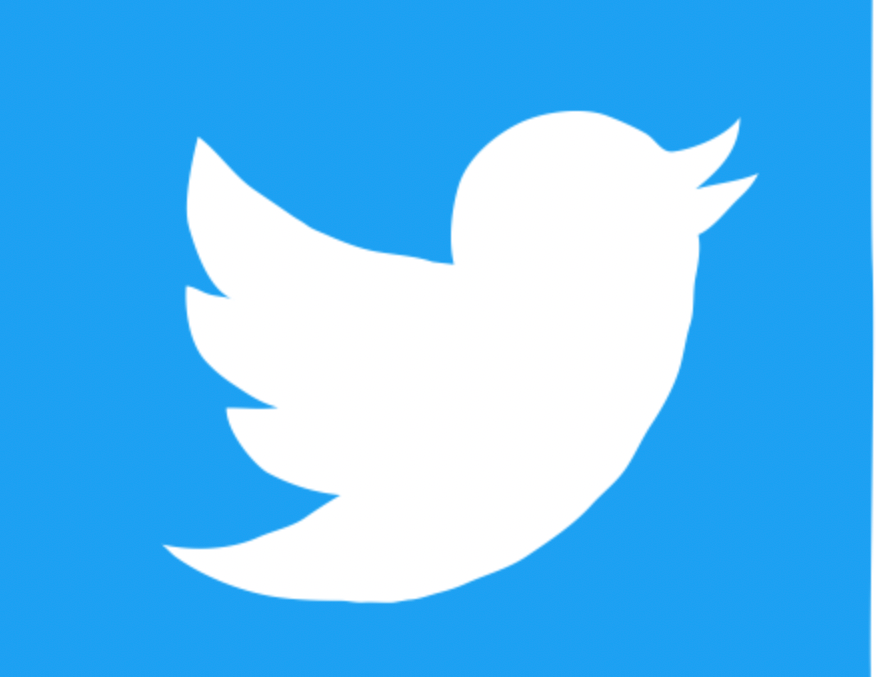Diana Marszalek 29 Apr 2022 // 11:12AM GMT

In the days since Elon Musk struck a $44 billion deal to buy Twitter, communicators have been glued to, well, Twitter as they attempt to get a handle on the world’s richest man’s plans for the platform — and how they could impact their PR campaigns.
Much of the conjecture, of course, is heightened by Musk’s mercurial nature, as well as the lack of specifics around goals he has mentioned, which include easing restrictions on speech, allowing editing, changing the platform’s algorithms and switching to a subscription versus ad-based model.
Industry watchers, however, do agree that Musk taking over the platform — which remains a media favorite despite concerns about the toxic nature of discourse — has significant implications, even though brands typically spend more marketing dollars on Facebook and Instagram.
“This is something that goes far beyond Twitter,” said Rosalie Morton, who leads Padilla’s social media as VP of channels. That the Musk/Twitter deal is giving rise to political and speech-related concerns is emblematic of issues Americans are grappling with on a national level, she said.
That's already ringing true.
On Monday Amazon founder and fellow billionaire Jeff Bezos in a tweet questioned whether China (where Twitter is banned) would be getting "a bit of leverage over the town square" under Musk, given his business interests there. New York Times reporter Mike Forsythe reported that China is Tesla's second largest market.
And Musk — who's had an ongoing battle with Washington — could raise political wrangling over social media to a whole new level, Politico reports, given that conservatives and liberals are already divided on whether Musk's plans will help or hinder the problems that plague the platforms.
Morton said that her number one concern is brand safety — that easing restrictions on speech could lead to brand-bashing and fewer protections against unsavory content. Though Musk has yet to offer details, it doesn’t bode well that the Tesla founder uses Twitter (where he has more than 85 million followers) for mudslinging, like his recent swipe at Bill Gates.
“The fact that he is so free speech-focused, and even the tweet he shared last week about Bill Gates, just shows his view toward speaking out and lack of concern about the vitriol that could bubble up,” Morton said.
Calling Musk “a genius,” Morton said it’s possible that, in changing the algorithm, Musk may have the key to weeding out hate and bullying, though the odds aren’t good. “At this time, he is just ready to let it all go. And that is a concern for brands,” she said.
Musk taking the publicly held Twitter private could also be a concern for the platform’s in-house comms function, and whether it faces the same fate as Tesla's PR department, which Musk — who appears to favor his own ability to generate publicity — dissolved in the fall of 2020.
Sabrina Guttman, who leads Finn Partners’ global tech practice, notes that Musk “is clearly not shy about communicating what he wants to communicate and having it be unfiltered.”
Only time will tell, however, how deep and for how long Musk will want to be involved in managing Twitter’s PR, Guttman said. And, whether members of Twitter’s comms team are going to keep their jobs is not entirely dependent on Musk’s whims, she added.
“What does a Twitter with no moderation mean and, specifically, what is that going to mean to Twitter employees? Is it a vision they can get behind and will they stick around?” Guttman said.
“We all know it’s a competitive job market and there are a lot of jobs in tech right now,” she said. “If people don’t want to stick around [at] Twitter they won’t stick around [at] Twitter.”
Then again, it’s not like the public currently holds Twitter in particularly high regard, according to the RepTrak company, which measures corporate reputations via emotional and rational connections. Twitter currently scores about 50 out of 100 in both areas.
“The public most wants Twitter to have a positive influence on society, but at a score of 46, it’s struggling,” said CEO Kylie Wright Ford.
Tesla’s score, however, is substantially higher at 69.5. “They’re getting credit for quality and meeting customer needs — there’s a gap there at Twitter,” Ford said. “If Musk’s leadership is guiding that as a strength at Tesla, that bodes well. He’s making a bet, or talking about it, anyway — about allowing editing on the platform because he claims users want it. This is perhaps an early indication of his approach to pushing customers’ needs forward.”
Twitter’s deficits are among the reasons Gerard LaFond, Hoffman Agency’s chief digital officer, sees the positives in Musk’s Twitter buy. “Twitter needed something like this,” LaFond said. “I haven’t seen innovation at Twitter in a long time.”
While noting Musk’s issues and eccentricities, Gerard said there are upsides should Musk stay the course.
“When I am guiding clients on a platform like Twitter and trying to help them navigate their brand and reputation, it’s already the wild west,” he said. “So, I don’t know if it’s going to get much worse. And if it’s going to get cleaned up and get rid of some of the hate and the bots, I think it could be a better place."



































.jpg)


















